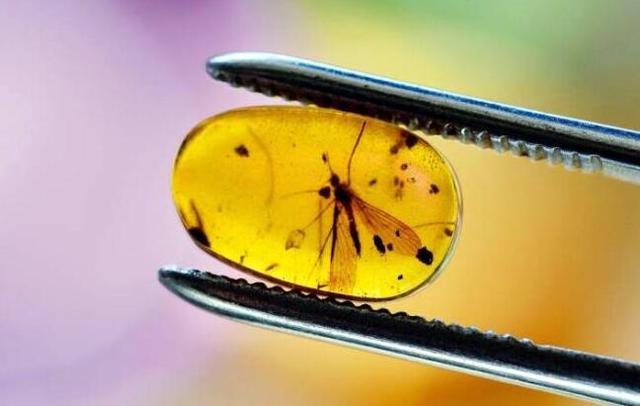As early as tens of millions of years ago, plants from the pinaceae, southern fir and spruceaceae families were widely distributed on the earth. All these plants secrete resin, which flows out of their wounds when their epidermis is damaged and gradually hardens in a chemical reaction with the air, thus serving to close the wounds as well as repel insects and kill bacteria.
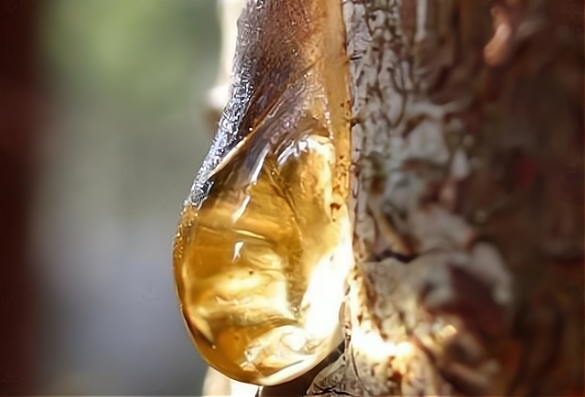
However, these plants don't know how to be careful and often the resin they secrete is wasted, with the excess dripping off.
In the natural environment, the resin, which is mainly made up of terpenes, would have been decomposed in a short time, but in the case of the lucky ones, the resin may have been buried deep underground and gradually lithified by underground pressure and heat, and over time, as the earth's crust changed, it may have evolved into a special kind of fossilised resin, which we now call "Amber".
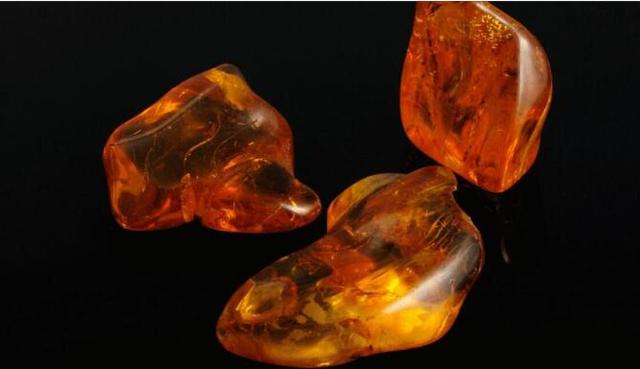
During the dripping of the resin that forms amber, it sometimes imprisons some unlucky insects or other small animals, freezing their lives in the moment so that, tens of millions of years later, these animals remain in the same action or form that they were then, and remain lifelike to this day.
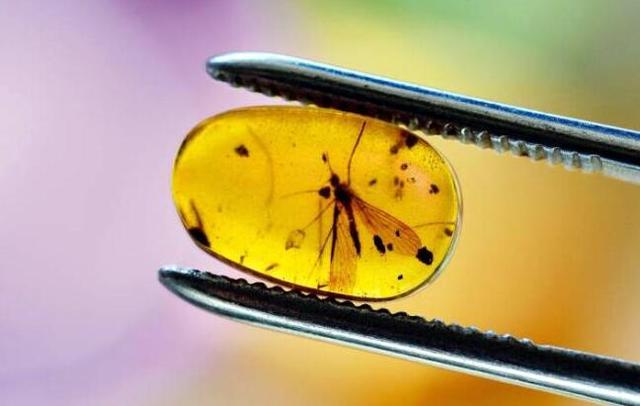
For palaeontologists, this is of great research value, which is why they seek out and study this particular type of amber. One of the many pieces of amber that have been discovered stands out because it contains two ancient flies in a state of mating.
Through the embarrassment of 41 million years, they turned into amber while mating and now have to be surrounded by
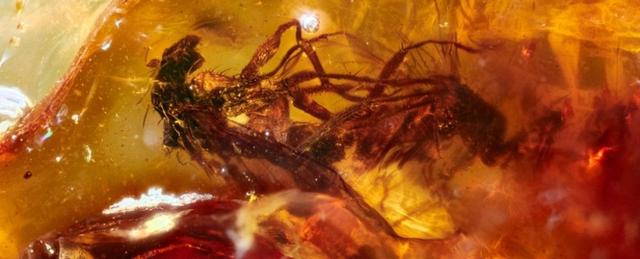
The amber was found in the otway basin in southern australia and the two ancient flies can be seen to have struggled briefly after being suddenly encased in resin, resulting in a degree of entanglement of their legs, but unfortunately they were too weak and were soon immobilised by the sticky resin.
A team of researchers led by monash university palaeontologist geoffrey stilwell has concluded, after careful study, that the amber was formed around 41 million years ago and that the two ancient flies in the amber were in a state of mating at the time.
It is possible to imagine a scene that took place 41 million years ago: These two ancient flies were in the middle of their relationship, completely oblivious to the fact that a drop of resin was coalescing above them. As the coalescence continued, the drop became larger and larger, and when it reached a critical point, it could no longer stay, and under the gravitational pull of the earth, it finally dripped onto the two poor ancient flies ......
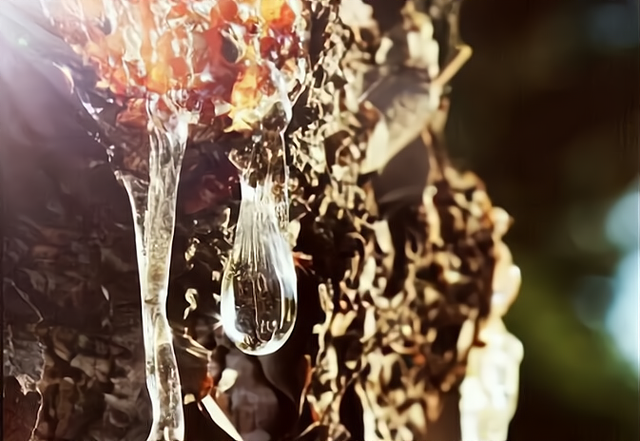
It is not easy for a single drop of resin to form amber, and it is even more rare for amber to contain ancient creatures that are mating, so much so that jeffrey stilwell, who first saw the amber, said he could not believe it really existed, and later described it as the 'holy grail' of his field of study.
So when the amber was announced it quickly attracted a lot of attention, with people searching for information to find out more about it. Turning into amber while mating and still being watched 41 million years later, there is nothing more embarrassing in the world for these two ancient flies.
One might ask why the ancient flies are still alive in amber after 41 million years.
In a nutshell there are two main reasons: Firstly, the viscous resin effectively insulates the air so that the creatures encased in it are protected from the outside world; secondly, the resin contains volatile substances which, when they evaporate, take the moisture out of the organisms, thus creating a water-starved environment inside them and making it impossible for micro-organisms that live by breaking down organic matter to survive for long.

Life on earth has always been alive and well, with untold numbers of species emerging over the past few billion years, which have now ceased to exist and the surface of the planet has long since changed. This special amber is a 'time capsule' that holds a 'snapshot' of what happened tens of millions of years ago, allowing us to travel back in time and see a small glimpse of what happened on earth in the distant past. I have to say, it's amazing how this kind of thing makes us feel, don't you think?


